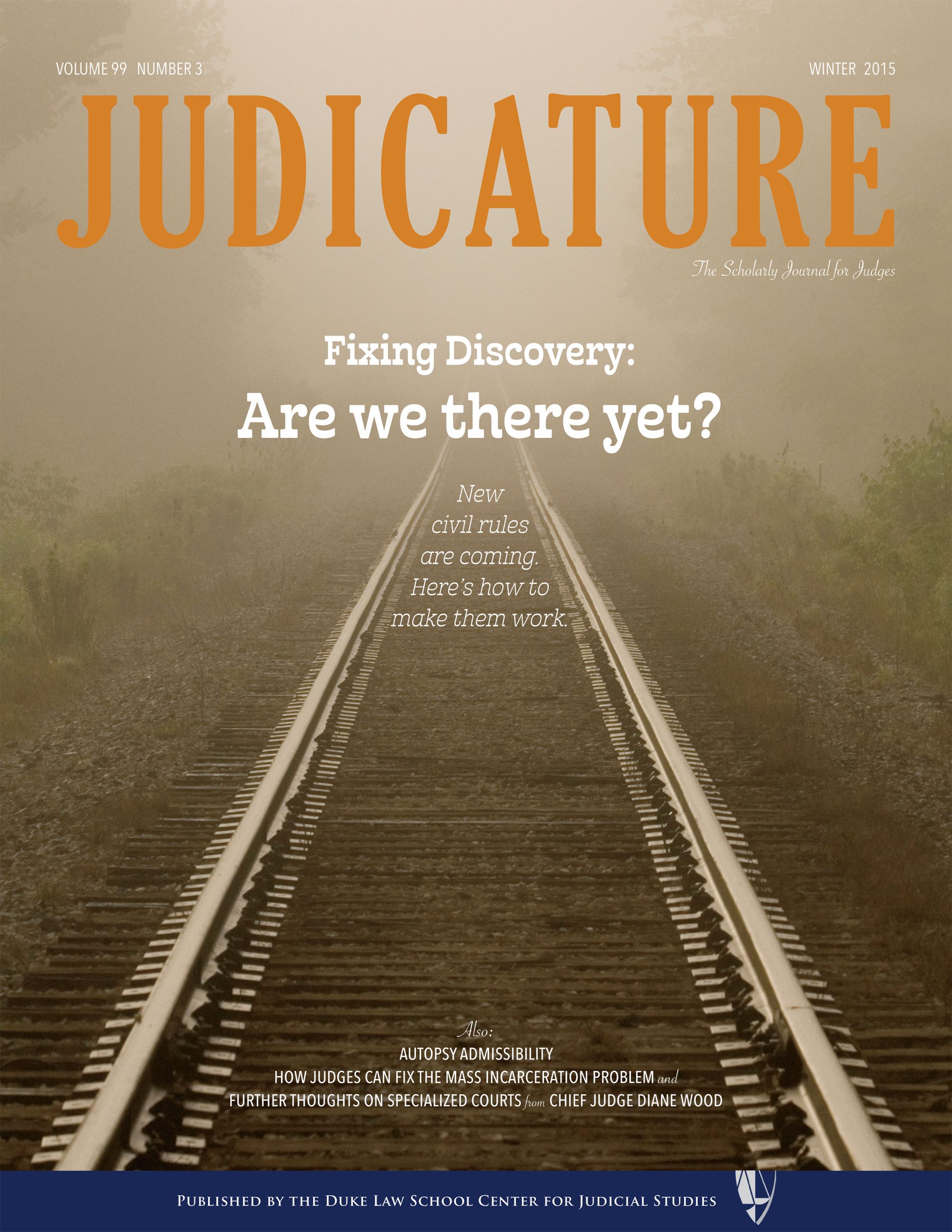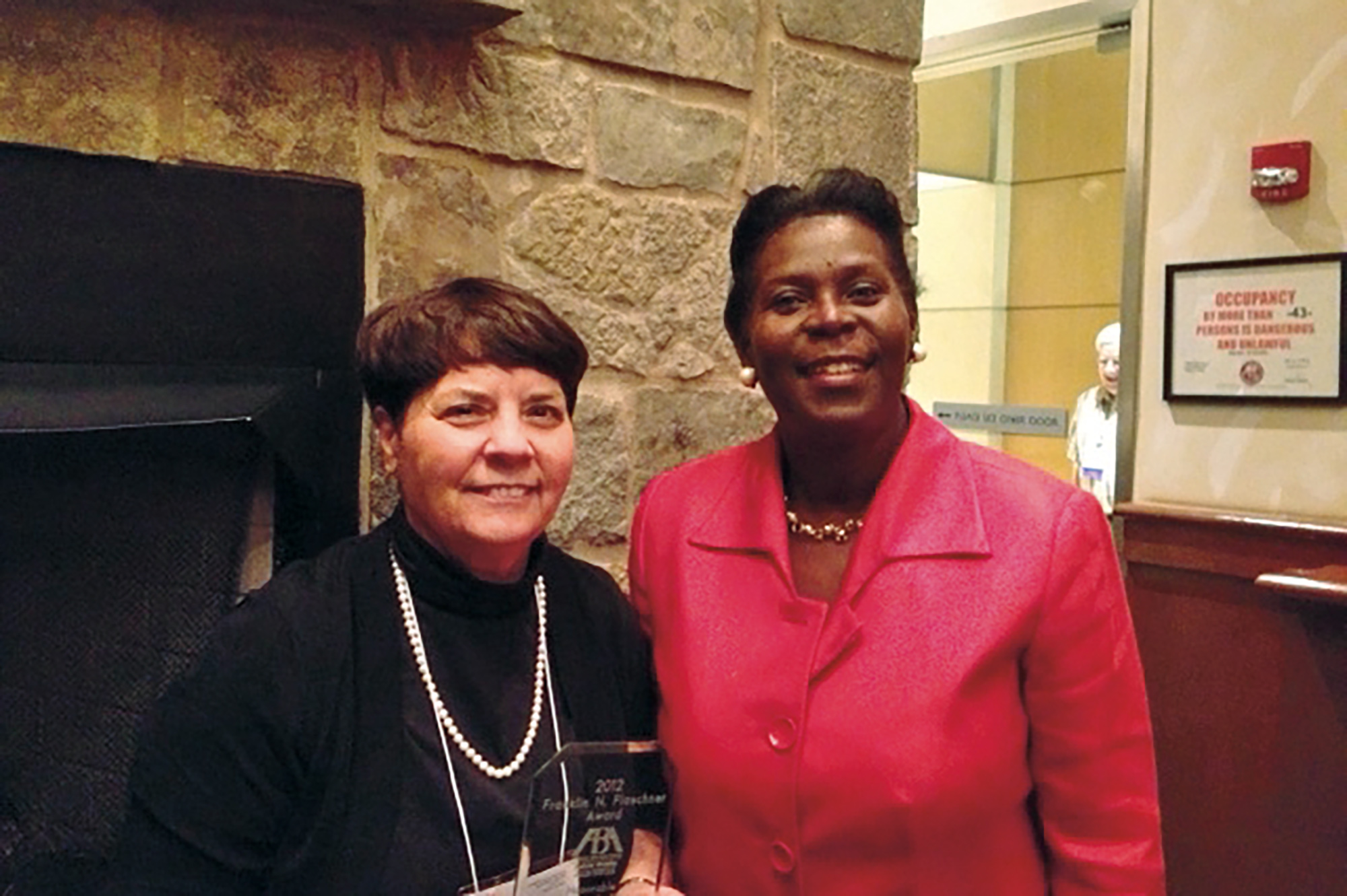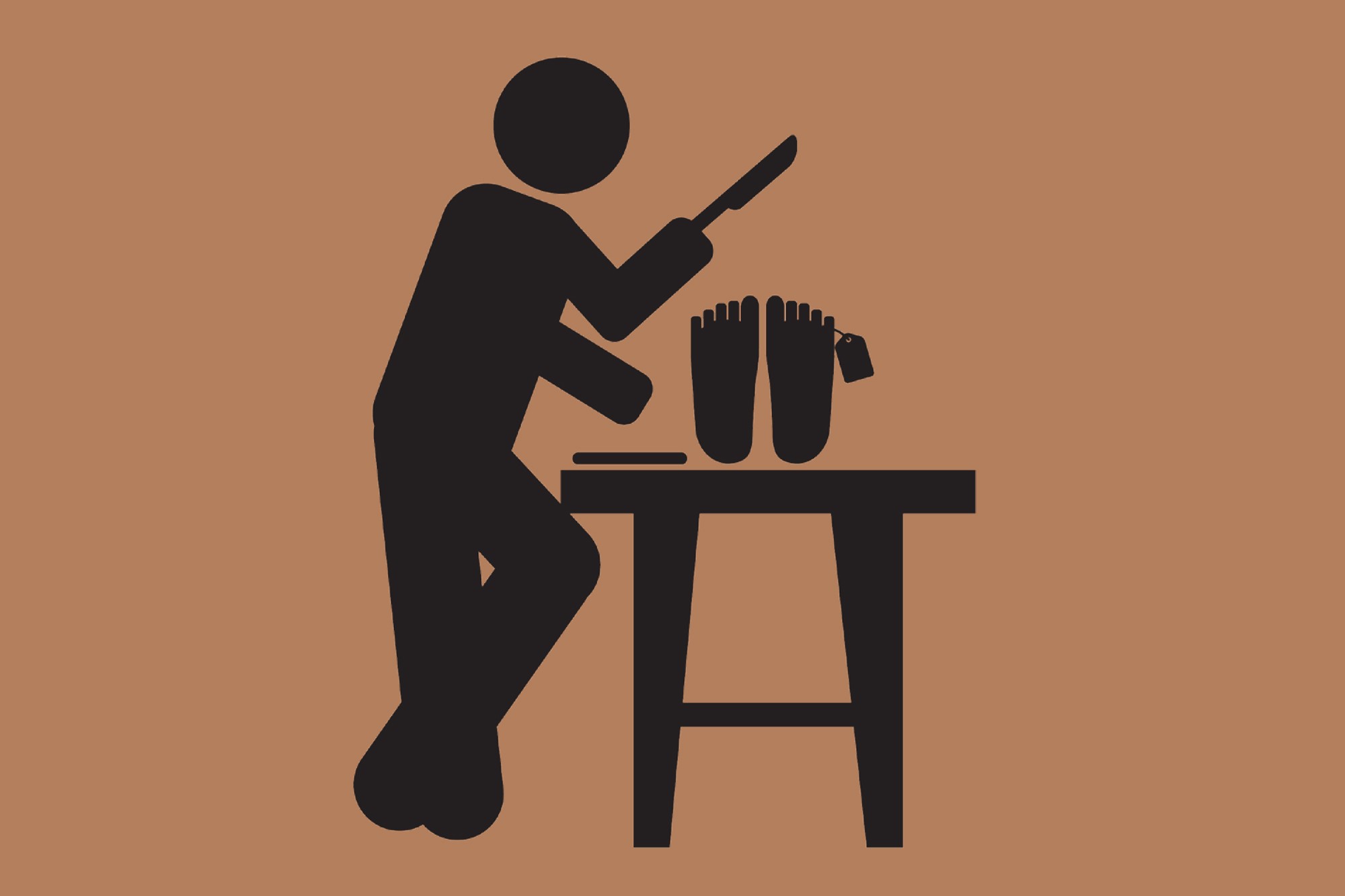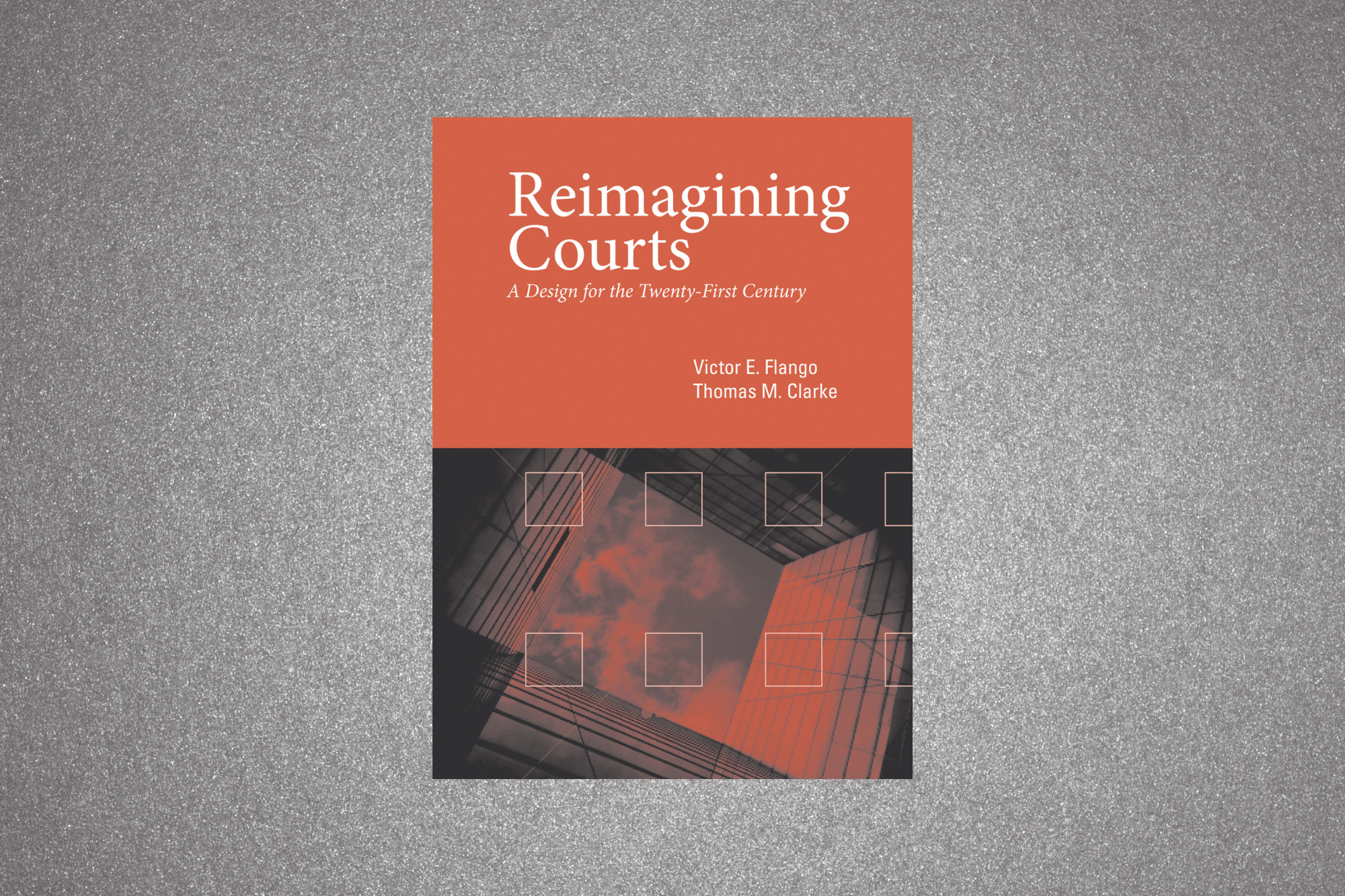Vol. 99 No. 3 (2015) - Fixing Discovery

Click here to download this edition as a PDF.

One-in-a-Generation Kind of Judge: Anna Elizabeth Keever
by Patricia Timmons-Goodson
Vol. 99 No. 3 (2015) | Fixing DiscoveryLike their counterparts in the federal judiciary, state trial court judges “handle the bulk of judicial business.” State courts decide ninety-five percent of the cases and controversies filed in our […]

New Rules, New Opportunities
by David G. Campbell
Vol. 99 No. 3 (2015) | Fixing DiscoveryIn May of 2010, some 200 judges, lawyers, and academics gathered for two days at the Duke University Law School to evaluate the state of civil litigation in federal court. […]

Judge of All Trades: Further Thoughts on Specialized Courts
by Diane P. Wood
Vol. 99 No. 3 (2015) | Fixing DiscoveryThe proverbial visitor from Mars (or perhaps from the habitable exoplanet Kepler-62f) with an interest in judicial systems would have no trouble perceiving that Earthlings follow two distinct philosophies about […]

How Federal Judges Contribute to Mass Incarceration and What They Can Do About It
by Jon Deitrich and Lynn S. Adelman
Vol. 99 No. 3 (2015) | Fixing DiscoveryTalk of reforming federal sentencing law is much in the air. Increased public awareness of the fact that the United States is the world capital of mass incarceration has prompted […]

From Rule Text to Reality: Achieving Proportionality in Practice
by Steven S. Gensler and Lee Rosenthal
Vol. 99 No. 3 (2015) | Fixing DiscoveryIn November 2014, a year before the 2015 discovery amendments could become effective, the Duke Center for Judicial Studies started a project to provide guidance for judges and lawyers on […]

Autopsy Reports and the Confrontation Clause: A Presumption of Admissibility
by Daniel J. Capra and Joseph Tartakovsky
Vol. 99 No. 3 (2015) | Fixing DiscoveryIn 2004, the Supreme Court, in Crawford v. Washington, restored the “original meaning” of the Sixth Amendment’s Confrontation Clause. The framers of that clause — which guarantees a criminal defendant the right […]

Book Review: Evolving the Courts
by Aaron D. Ford
Vol. 99 No. 3 (2015) | Fixing DiscoveryAs society evolves, should state courts likewise evolve? Should courts replace or, at a minimum, augment their traditional roles in the adversarial system that defines our nation’s judicial process? Should […]

Rule 37(e): The New Law of Electronic Spoliation
by Gregory P. Joseph
Vol. 99 No. 3 (2015) | Fixing DiscoveryEffective dec. 1, 2015, federal rule of civil procedure 37(e) will change dramatically the law of spoliation. Prior to the adoption of this rule, the Circuits had split on the […]

Judicial Honors: Winter 2015
by Judicature Staff
Vol. 99 No. 3 (2015) | Fixing DiscoveryThe Shelby County Commission in Tennessee voted to rename the county courthouse the D’Army Bailey Courthouse Building in honor of the late D’Army Bailey. Judge Bailey served on Tennessee’s 13th Judicial […]

Happy Birthday! Now get out.
by William Raftery
Vol. 99 No. 3 (2015) | Fixing DiscoveryInterest in increasing or repealing mandatory judicial retirement ages is growing in the legislatures — but not among voters. Mandatory judicial retirement ages have existed in the states since the […]

Letters
by Judicature Staff
Vol. 99 No. 3 (2015) | Fixing DiscoveryCy pres awards need attention. I am writing with respect to the article, “Once More unto the Breach? Further Reforms Considered for Rule 23” [May 2015], by Richard Marcus, which […]

From the Editor: Judge Nancy Joseph
by Nancy Joseph
Vol. 99 No. 3 (2015) | Fixing DiscoveryImitation Is The Highest Form Of Flattery. In this third edition of the revived Judicature, we imitate the previous editions by bringing you relevant, thought-provoking, and conversation-inspiring articles of interest to both […]

Patent Confusion: Correcting the Record on America’s First Patent Holder
by Jennifer L. Behrens
Vol. 99 No. 3 (2015) | Fixing DiscoveryCorrecting the record on America’s first patent holder — 225 years later The framers of the U.S. Constitution vested congress with the power “[t]o promote the Progress of Science and useful […]

The Nuts and Bolts of the 2015 Discovery Amendments
by David F. Levi, Chilton Varner, Derek P. Pullan, John G. Koeltl and David G. Campbell
Vol. 99 No. 3 (2015) | Fixing DiscoveryHow did these new amendments to the civil rules come about? Why now? How will they succeed when past efforts have failed? Duke Lew Dean David F. Levi leads a […]

Claims-Made Class-Action Settlements
by Elizabeth Cabraser and Andrew Pincus
Vol. 99 No. 3 (2015) | Fixing DiscoveryMany of us have received notice, by mail or by newspaper, of a class-action settlement on behalf of consumers who may unwittingly be claimants in a suit asserting that a […]

